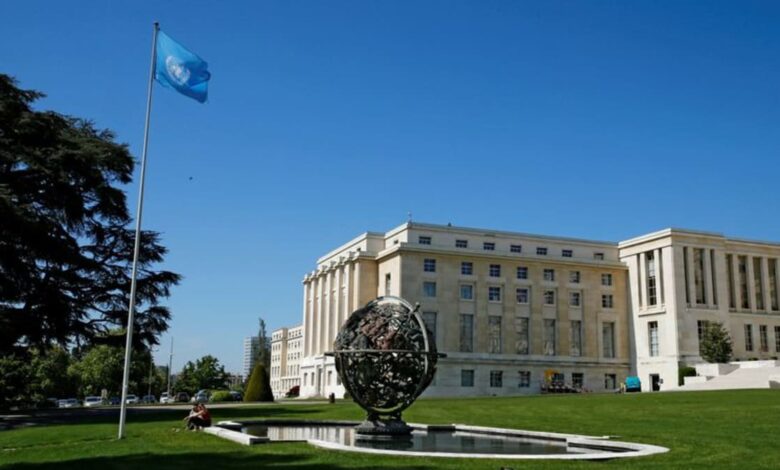Last chance for pandemic agreement talks

STREAMLINED NEW DRAFT
In December 2021, the raw sting of COVID-19 – which shredded economies, crippled health systems and killed millions – motivated countries’ desire for a binding framework of commitments aimed at stopping another such disaster.
Despite broad agreement on what they want those commitments to achieve, big gaps remain between countries on how to go about it.
What was meant to be the ninth and final round of talks last month saw a 29-page draft swell to more than 100 as countries inserted proposed amendments.
Taking the situation into account, the Intergovernmental Negotiating Body (INB) conducting the talks issued a streamlined, 23-page version on Apr 16, with the word count down from 12,000 to 9,000.
The main disputes have revolved around access and equity: Access to pathogens detected within countries, access to pandemic-fighting products such as vaccines produced from that knowledge and equitable distribution of not only counter-pandemic tests, treatments and jabs but the means to produce them.
The new draft focuses on likely areas of common ground and setting up the basic framework, and parks some of the trickier details in further talks planned over the next two years – notably on how a planned WHO pathogen access and benefit-sharing system will work in practice
DRAFT PROVISIONS “WEAKENED”
Non-governmental organisations attending the talks have been ploughing through the updated text, looking for what has survived and what has been jettisoned.
KM Gopakumar, senior researcher with the Third World Network, concluded that the new draft was “devoid of any concrete deliverables on equity and does not create any legal obligations to facilitate predictable and sustainable access to finance, pandemic-related products and technology”.
For the medical charity Doctors Without Borders, the draft agreement’s obligations on technology transfer to poorer countries “remain weak”.
The Drugs for Neglected Diseases initiative (DNDi) welcomed the retained provision on ensuring equitable access to medicines and health tools created through publicly-funded research and development.
However, obligations “that would have ensured that people can benefit from scientific progress and have equitable access to the medical tools they will need have been weakened or deleted from the text and must be reinstated”, said DNDi’s policy advocacy director Michelle Childs.
Some feel the balance of the text has shifted from international obligations towards national-level commitments.





